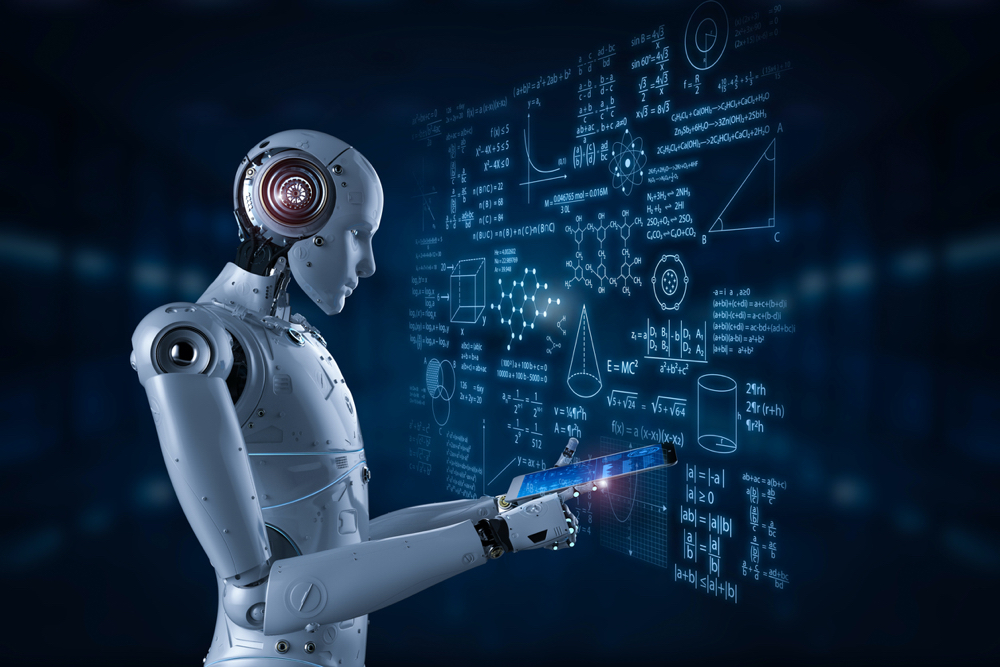In the dynamic landscape of artificial intelligence, one of the most revolutionary advancements is Vision AI, a technology that enables machines to interpret and understand the visual world. The applications of Vision AI extend far beyond conventional boundaries, impacting a multitude of industries and transforming the way businesses operate. In this exploration, we delve into the diverse applications of Vision AI across various sectors, showcasing its versatility and potential to drive innovation.
Healthcare: Enhancing Diagnostics and Patient Care:
In the realm of healthcare, Vision AI plays a pivotal role in diagnostics, medical imaging, and personalized patient care. Medical professionals leverage Vision AI to analyze medical images, detect anomalies, and assist in the early diagnosis of diseases. The technology also supports surgical procedures, providing real-time insights and improving precision. With Vision AI, healthcare providers can enhance the accuracy and efficiency of diagnostics, ultimately leading to better patient outcomes.
Retail: Transforming Customer Experiences:
In the retail sector, Vision AI is reshaping the customer experience and streamlining operations. Retailers deploy Vision AI for facial recognition in stores, allowing for personalized customer interactions and targeted marketing strategies. Smart shelves equipped with Vision AI can monitor product availability, optimize inventory management, and even automate checkout processes. This not only improves the overall shopping experience but also enables retailers to make data-driven decisions for inventory stocking and product placement.
Manufacturing: Revolutionizing Production Processes:
Vision AI has revolutionized the manufacturing industry by optimizing production processes and ensuring quality control. Automated visual inspection systems powered by Vision AI can identify defects, inconsistencies, or faulty components on the production line, minimizing errors and enhancing overall product quality. This not only increases efficiency but also reduces operational costs associated with manual inspections.
Automotive: Enabling Autonomous Vehicles:
The automotive industry has embraced Vision AI to propel the development of autonomous vehicles. Advanced driver-assistance systems (ADAS) leverage Vision AI to interpret road conditions, detect obstacles, and assist in navigation. Vision AI algorithms enable vehicles to recognize and respond to traffic signs, pedestrians, and other vehicles, contributing to the evolution of safer and more efficient transportation.
Agriculture: Precision Farming for Increased Yield:
In agriculture, Vision AI is driving the adoption of precision farming techniques. Drones equipped with Vision AI can monitor crop health, identify diseases, and optimize irrigation. Automated machinery with embedded Vision AI systems can facilitate selective harvesting and improve overall crop yield. By harnessing the power of Vision AI, farmers can make informed decisions based on real-time data, leading to more sustainable and efficient agricultural practices.
Finance: Enhancing Security and Fraud Detection:
The finance sector leverages Vision AI for security and fraud detection. Facial recognition technology is employed for identity verification in banking applications, enhancing the security of transactions and access to financial services. Vision AI algorithms analyze patterns and anomalies in financial transactions, helping detect fraudulent activities in real time. This not only safeguards the interests of financial institutions and their customers but also fosters a secure and trustworthy financial ecosystem.
Logistics: Optimizing Supply Chain Operations:
Logistics and supply chain management benefit significantly from the implementation of Vision AI. Automated sorting systems equipped with Vision AI can efficiently categorize and route packages in distribution centers. Drones and autonomous vehicles use Vision AI to navigate through complex warehouse environments. Real-time tracking and monitoring of shipments enhance visibility and traceability across the supply chain, leading to improved efficiency and reduced operational costs.
Education: Transforming Learning Environments:
Vision AI is making its mark in the education sector, transforming traditional learning environments. Smart classrooms equipped with Vision AI can adapt to students’ needs, providing personalized learning experiences. The technology can also assist educators in monitoring student engagement and identifying areas for improvement. In remote learning settings, Vision AI enables facial recognition for secure authentication and attendance tracking.
Energy: Improving Infrastructure Monitoring:
In the energy sector, Vision AI is employed for infrastructure monitoring and maintenance. Drones equipped with Vision AI can inspect power lines, wind turbines, and solar panels, identifying potential issues and facilitating preventive maintenance. This proactive approach helps prevent costly downtime and ensures the reliable operation of energy infrastructure.
Entertainment: Augmenting Immersive Experiences:
Vision AI is enhancing the entertainment industry by augmenting immersive experiences. Augmented reality (AR) and virtual reality (VR) applications utilize Vision AI to track users’ movements, allowing for more realistic and interactive experiences. Content creators can also use Vision AI for video analysis, enabling automated tagging, scene recognition, and content recommendation.
Final Thoughts:
As we navigate the diverse applications of Vision AI across industries, it becomes evident that this technology is a catalyst for innovation, efficiency, and improved decision-making. From healthcare and retail to manufacturing and entertainment, Vision AI is reshaping the way businesses operate and unlocking new possibilities for the future. As industries continue to embrace and integrate Vision AI, we can anticipate even more profound transformations, ushering in an era of heightened automation, precision, and intelligent decision support.

